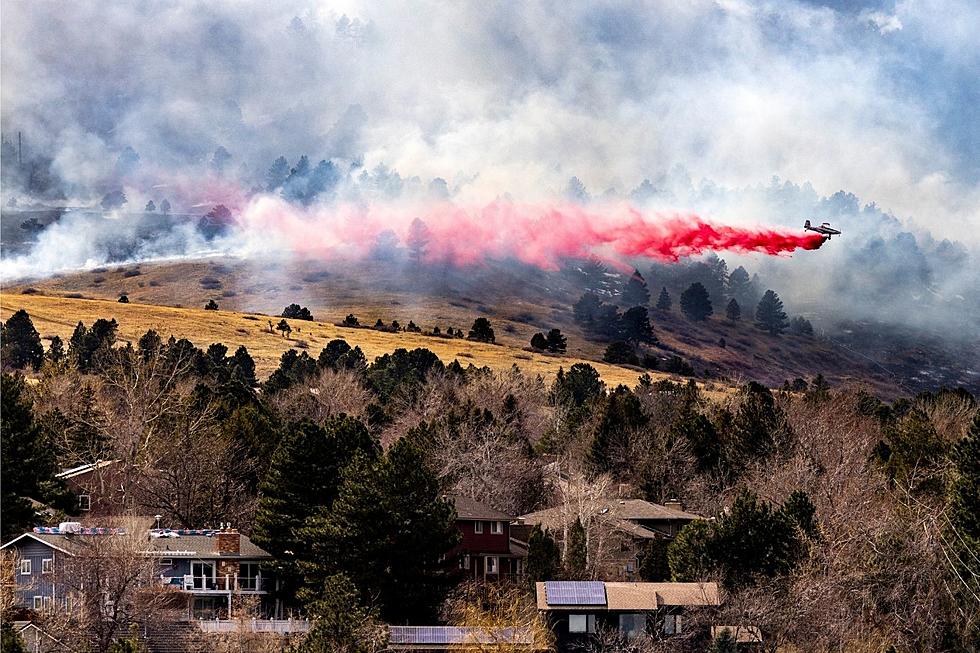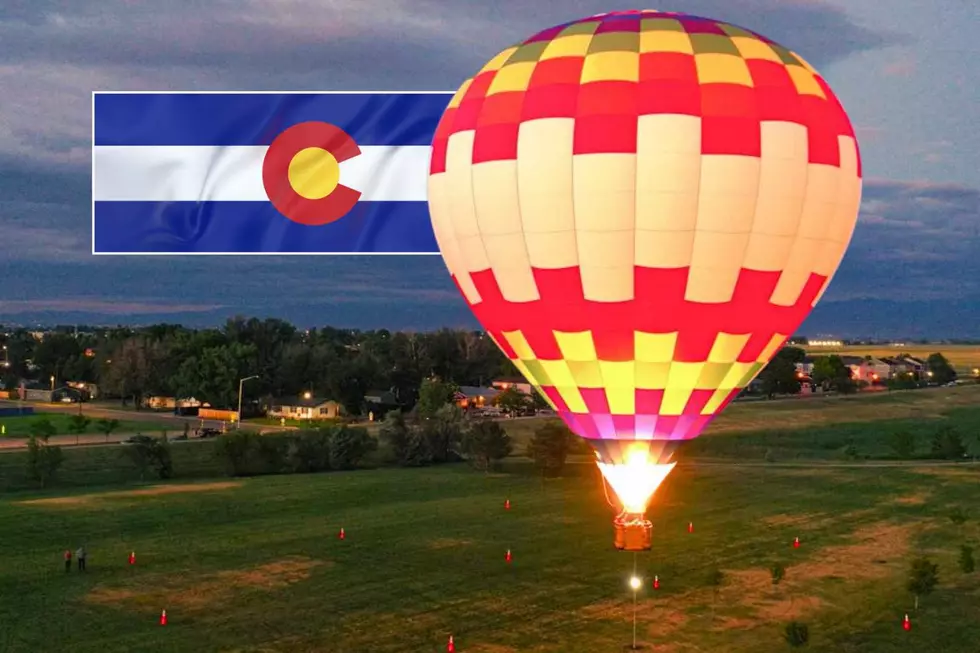
Weekend Fires in Boulder and Larimer Foreshadow Colorado Fire Season
“Colorado used to talk about a fire season,” Gov. Jared Polis said last year in AP reporting. “It’s now a year-round phenomena.”
Boulder Fire-Rescue's Mike Smith concurred Sunday morning during a fire update.
"We only 365 fire days a year," he said.
Warm weather and winds combined with dry conditions have proven that this winter and spring, first with the devastating Marshall Fire in Boulder County that destroyed 1,084 houses, and now with this weekend’s fires in Boulder and Larimer counties.
Saturday afternoon, the NCAR fire in Boulder grew to 123 acres as of early evening, when it was not yet contained. The evacuation area included 8,000 homes and an estimated 19,000 people. NCAR is the U.S. National Center for Atmospheric Research, a federal facility located in southwest Boulder. Evacuation orders extended into Eldorado Springs.
The fire sat at 200 acres and 21% contained as of Sunday morning. About 1,600 people and 699 housing units remained evacuated.
Meanwhile, Saturday, in Larimer County, a 10- to 15-acre grass fire broke out near Mulberry and Larimer County Road 5. Poudre Fire Authority knocked it down quickly. PFA and Larimer County called for the end of burn permits for the rest of the weekend, according to Poudre Fire.
RELATED: Some Marshall Fire Victims Didn’t Get Emergency Alerts: How to Get Yours
Smith noted that we have "one more critical fire day tomorrow," Monday, March 28.
The anxious feelings may continue to emerge, according to the National Interagency Fire Center’s fire assessment and outlook through May.
“Much of the central and southern Plains are expected to have above-normal significant fire potential into April while persisting on the High Plains and eastern slopes of the Front Range through May,” according to the forecast released earlier this month.
Across the Rocky Mountain area, the Fire Center says long-term “precipitation deficits” and drought combined with dry fuels could fuel rapid-fire spread with springtime winds.
For spring, La Niña likely will split the Rocky Mountain area from north to south, the agency reported. The warmest and driest conditions are forecast to remain across southern and eastern Colorado into most of Nebraska and Kansas. Cooler and moister weather should be confined to Wyoming and portions of northern Colorado through April.
A transition predicted to follow, though, means strong winds and lightning in May, along with increasing warm and dry weather in May and June. Early snowmelt could add to drying fuels earlier than usual, according to the report.
"It's March, and it feels like December," Smith said Sunday morning. "This is a sign of the way things are going to go."
A Look at the Marshall Fire in Boulder County, Colorado
Have You Seen The Marshall Fire Aftermath? These Photos Are Heartbreaking
More From 99.9 The Point





